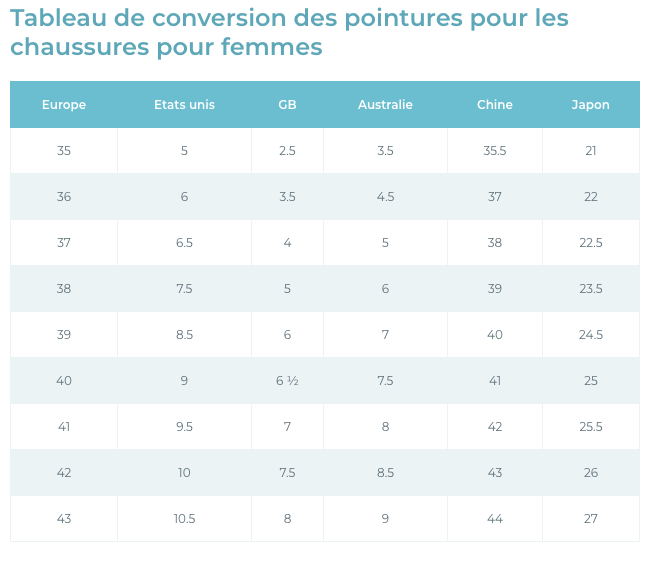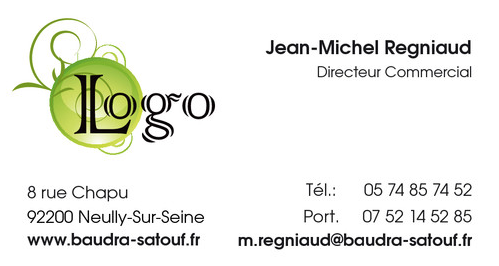Learning a new language involves not only mental activity and cultural awareness but also a lot of fun! In starting out with French you will soon realize that some very basic things you thought were ‘international concepts’ are simply not... And numbers are a good example to demonstrate that.
We use numbers every day and barely wonder why we express them a certain way until we are to undertake some research or learn another language. Indeed, learning a new language sometimes shows different approaches in the numbers… and the French way is not the simplest.

Gymnastic for the brain : )
As you can see, the way some languages deal with numbers is quite logical… French is too in its own way! Up to 69, it follows an easy pattern, similar to the English one. But when it comes to 70… it changes. Unlike the Swiss and the Belgian, the French won’t add the ‘–ante’ suffix (equivalent to the ‘–ty’ suffix in English) any more. Saying 70 will then be ‘60+10’ (soixante-dix). What about 80? The French will say ‘4x20’ (quatre-vingt)! and when it comes to 90, we’ll say ‘4x20 +10’ (quatre-vingt-dix)! Kind of a mental calculation…
Every French learner will ask why? Well, even the French don’t know, that’s just the way it is! It is only after doing after a bit of research that I understood these subtleties began in the Middle Ages. At that time, 20 was a counting base. Hence, 30 was 20+10… Although this has been simplified for small numbers like 30 (trente), 40 (quarante), 50 (cinquante) and 60 (soixante), bigger numbers have kept it, without clear explanation.
Some more differences in everyday life...
PRICES

But differences don’t stop there. Living in Australia, I realized we don’t write 1 and 7 in the same way, making filling out official documents interesting!!! In France, decimal numbers are also mostly written with a comma to separate the whole and decimal part; important to know when bidding on ebay or making bank transfers! Indeed, in French big numbers are never separated with commas but with a small space: 17,000 would be understood as 17.000! In French 17,000 would be written 17 000…
SIZES
Finally, in everyday life, you may be surprised to find that not only are different numbers used for clothing/shoe sizes...
PHONE NUMBERS
... but also that phone numbers are neither presented nor spelt the same. French people give their phone number by groups of 2 digits and you don’t spell it digit by digit.
So, what is your phone number?
02 (zero-deux) 66 (soixante-six) 89 (quatre-vingt-neuf) 13 (treize) 75 (soixante-quinze) Quite an exercise at the beginning! However our brain is able to deal with it very well and it becomes natural after a few weeks of practice.
EXPRESSIONS
For more advanced learners, here are 2 French expressions using numbers:
“se plier en 4 pour…” = to bend over backwards
“se mettre sur son 31” = to be dressed up to the nines
For instance, “ Je me suis plié en quatre pour être sur mon trente-et-un!”
À la prochaine!
ou "à un de ces 4!" (= at some point/sometime soon)
: )










Comments